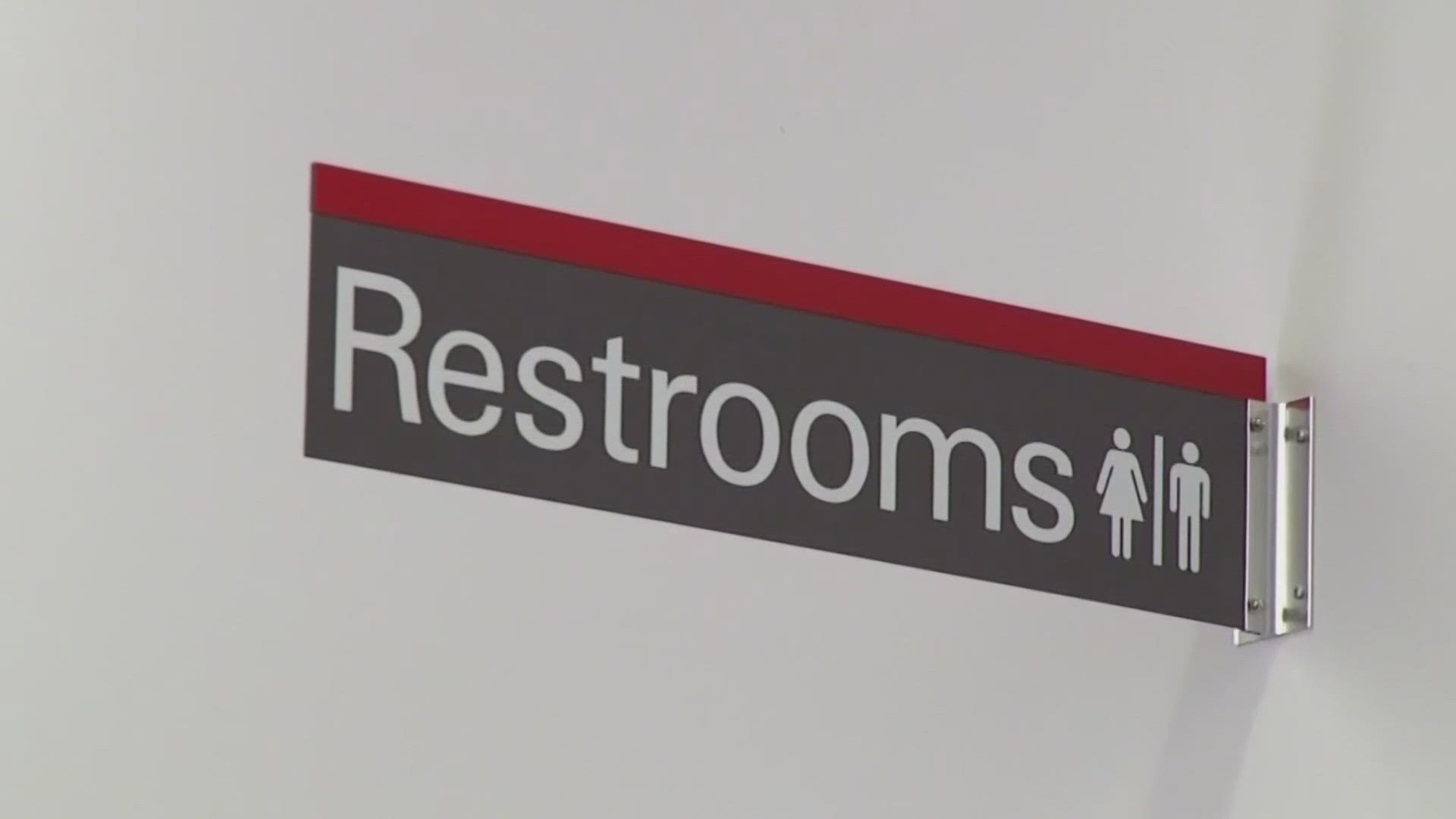Ohio agencies providing publicly funded day care would no longer have to achieve a quality of care rating to be listed in the state system, under Senate Republicans' version of the upcoming state budget.
The process of meeting the state's Step Up to Quality five star rating system is leading to a decrease in providers capable of offering day care, Senate President Matt Huffman, a Lima Republican, said earlier this week.
The mandate “frankly has eliminated child care opportunities for low-income people, and people who are trying to stay at work or find jobs,” Huffman said Tuesday.
Huffman's home county of Allen has lost child care providers because of the regulations put on day cares to qualify for public funding, said Joe Patton, director of Allen County Job and Family Services.
“In losing these child care providers, we’ve lost the opportunity to move our people on public assistance into work,” Patton said. He said minority residents seeking child care and day cares operated by them are being disproportionately hurt.
To help increase access to day care, Huffman said the Senate plan raises the eligibility level for poor families from those making 130% of the federal poverty level to 142%. The Senate measure also increases spending on publicly funded day care by $20 million over two years.
The proposal to eliminate the quality mandate stunned advocates for the public funding. They say meeting the regulations is not as burdensome as it's being described, and reducing quality standards hurts the same minority residents who can't afford unsubsidized day care.
They also criticize a Senate proposal to bar federal pandemic aid dollars from going toward assisting child care staff or administrators, or helping centers improve their quality ratings.
“This proposal fails to give families the quality child care they need to work and the enriching early experiences that children need to succeed, all while undercutting the classroom teachers who are the unsung heroes of our fragile system,” Lynanne Gutierrez, assistant director at Groundwork Ohio, an early education advocacy group, told Senate lawmakers Thursday.
The full Senate expects to approve its budget proposal soon, and then must align the two-year, $75 billion measure with the House version before July 1.
Also this week, mayors expressed concern that a budget proposal to address taxation of workers forced out of their offices by the pandemic could cost cities millions in the future.
The proposal would extend a bill approved by lawmakers last year that treats income earned by an employee working remotely as equivalent to income earned at the employee's principal place of employment.
At the time, the goal was to create a stable tax environment for municipalities, and also to help employers by not requiring them to withhold taxes for employees working in a variety of places.
The Senate version of the state's upcoming two-year budget extends this rule through the end of the year. But it would also allow employees still working remotely to retroactively apply for income tax refunds from their employers.
Workers whose home offices are in communities with lower tax rates than their regular office could benefit, especially workers who live in unincorporated areas without income taxes like townships.
In Akron, the city collected about $142 million in employee withholdings in 2019, with two of every three of those employees working in the city but living outside. Should the Senate proposal go forward, the city could suffer “massive revenue declines,” according to the Ohio Mayors Alliance.
But more than big cities would be affected, the alliance argues. Dublin in suburban Columbus—a traditionally well-off community—could see a net revenue reduction of about $25 million, the alliance said.
“Considering the extremely high work-from-home rates in 2020, and in the early months of 2021, the potential fiscal impacts of refunds for these two years could be significant,” Keary McCarthy, the alliance executive director, told the Senate Finance Committee Thursday.



